MiCA in Southern Europe
How Spain, Italy, Portugal, and Malta Are Shaping the Future of Crypto

When the MiCA regulation came into effect across the EU in December 2024, it was seen as a big moment for crypto. For the first time, Europe had one clear set of rules for digital assets covering how companies get licensed, how they protect customers, and how stablecoins are managed.
Before MiCA, the rules were fragmented and unclear. Every country had its own way of dealing with crypto. Some had strict rules, others had almost none. This made it hard for businesses to grow across borders and left many investors unsure about what protections they really had.
MiCA was meant to fix this by creating one rulebook for all jurisdictions. But while the regulation is the same across Europe, the way each country implements it might be different. Some moved quickly to set things up, others are taking a slower approach, and a few are still catching up.
In Southern Europe, four countries show how these differences play out as each country has chosen its own path.
Let’s take a look at how Malta, Spain, Italy, and Portugal are implementing MiCA and what it means for crypto businesses on the ground.
MALTA
Malta has always marketed itself as the Blockchain Island. Long before MiCA, it introduced the Virtual Financial Assets Act (VFA Act) in 2018, making it one of the first countries in the world to regulate crypto.
When MiCA arrived, Malta phased out its VFA regime and handed supervision to the Malta Financial Services Authority (MFSA).
Licensing under MiCA in Malta is structured and methodical with these seven key stages:
● Company Incorporation: This requires registering a Maltese LLC with a director and local officer.
● Document preparation: Business plans which outline services, risks and governance are laid out, including information regarding AML and compliance.
● Application Submission to MFSA: An application form is submitted with all the information required.
● Completeness Check: the application is verified to ensure it is complete.
● Regulatory Assessment: MFSA reviews different aspects such as business models, governance structures and internal systems
● In-Principle Approval: MFSA provides conditional approval to service providers.
Final License Issuance: final authorisation is provided and the service provider can start with operations.
The process can take four to nine months, but Malta’s head start is already paying off. Since January 2025, four firms; BP23 CA LTD, Foris Dax MT Limited, Okcoin Europe LTD, and Zillion BITS LTD have secured MiCA licenses. This proves Malta’s determination to remain a hub for crypto services under the new framework.
SPAIN
Spain wasted no time in fully aligning with MiCA. The Comisión Nacional del Mercado de Valores (CNMV) is now at the center of crypto regulation, licensing exchanges, wallet providers, and other service operators.
Spain’s approach focuses heavily on AML/CFT compliance and transparency, ensuring that transactions are closely monitored. The country has quickly become one of the EU’s leaders in crypto adoption, with more local businesses registering and new projects entering the space under the clear rules.
Today, Spain is seen as one of the most advanced EU countries in terms of crypto regulation. The regulatory framework is seen as comprehensive, and the market has responded positively, with an uptick in compliance and new projects emerging in the space.
ITALY
Italy has also fully embraced MiCA, embedding it into national law through the work of regulators like CONSOB (for securities) and the Financial Intelligence Unit (UIF).
Here, licensing is about transparency crypto firms must register, disclose their business models, and align with AML standards. But Italy goes a step further: by rolling out clear tax guidelines covering capital gains, staking rewards, and even crypto-to-crypto transactions.
For investors, this means more protection. For businesses, it means more paperwork but also more legitimacy. Italy’s implementation is roughly 85% complete, with particular focus still on fine-tuning tax and stablecoin rules.
Despite this, Italy is cultivating a strong DeFi and NFT startup ecosystem, proving that regulation and innovation can grow together.
PORTUGAL
For years, Portugal was known as a crypto-friendly tax haven. But under MiCA, the country has shifted gears to create a balanced but firm framework.
Now, the Banco de Portugal and the Securities Market Commission (CMVM) oversee licensing, registration, and consumer protections. Service providers must register, AML standards are enforced, and reporting obligations for crypto transactions including capital gains and staking are now the norm.
Still, Portugal has preserved its reputation as a crypto-friendly nation, with rules designed to protect investors without stifling innovation. Implementation stands at about 80%, making it slightly behind Spain and Italy but still ahead of many other EU countries.
Some Statistics
Compared to the broader EU which sits at around 75% average implementation, Southern Europe is taking the lead with MiCA. This varies by country, with some lagging slightly behind in certain areas, especially around the registration of service providers and ensuring AML compliance.
Based on the general implementation timeline for MICA across the European Union by August 2025, here’s a rough breakdown of the progress:
● Malta: Close to full implementation, building on its earlier VFA Act.
● Spain: 90% of MICA provisions are implemented, with a high level of compliance across the country.
● Italy: Around 85% implementation, with some areas still in the process of fine-tuning compliance, particularly in tax reporting and stablecoin regulations.
● Portugal: Approximately 80% complete, as the country is known for its flexibility but is now fully adopting the MICA framework.
In conclusion
MiCA was designed as one rulebook for all of Europe, but in practice, each country is shaping it in its own way. Southern Europe shows that while the rules are the same, the journey to compliance looks different.
For crypto businesses, this brings both clarity and opportunity. Those who adapt early can position themselves in markets that are quickly becoming some of the most organized and attractive hubs in Europe.
📚 Sources:
- EUR-Lex: MiCA Regulation (EU) 2023/1114
- MFSA Malta – Virtual Financial Assets & MiCA
- CNMV Spain – Crypto Regulation
- CONSOB Italy – Financial Regulation
- Banco de Portugal – Crypto Oversight
- CMVM Portugal – Securities Market Commission




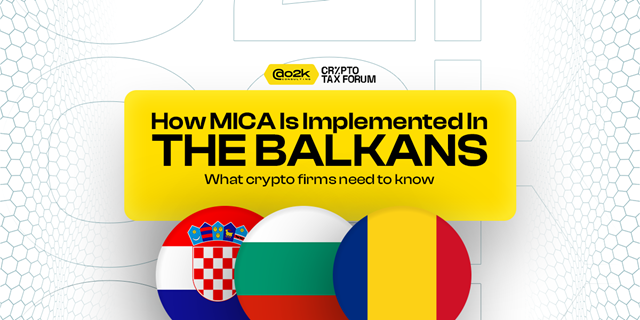

.png)

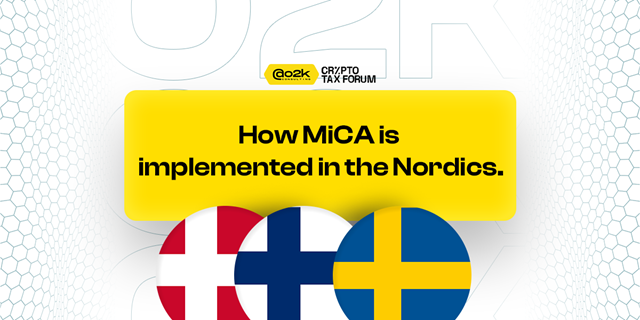


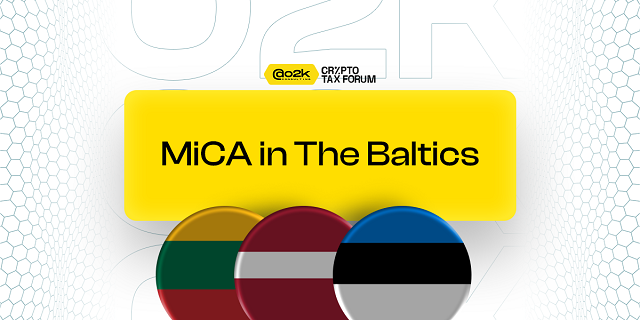



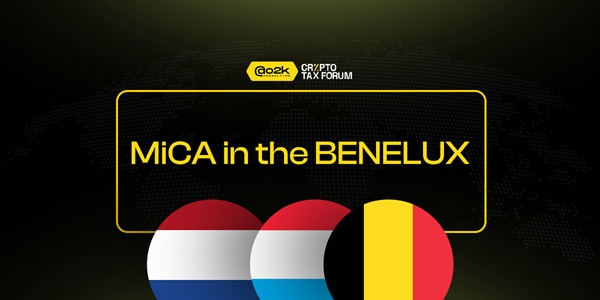
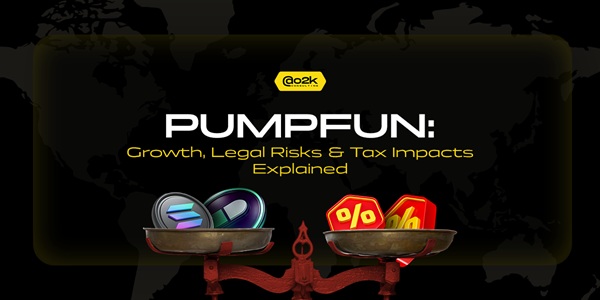











.jpeg)


























.jpg)






































